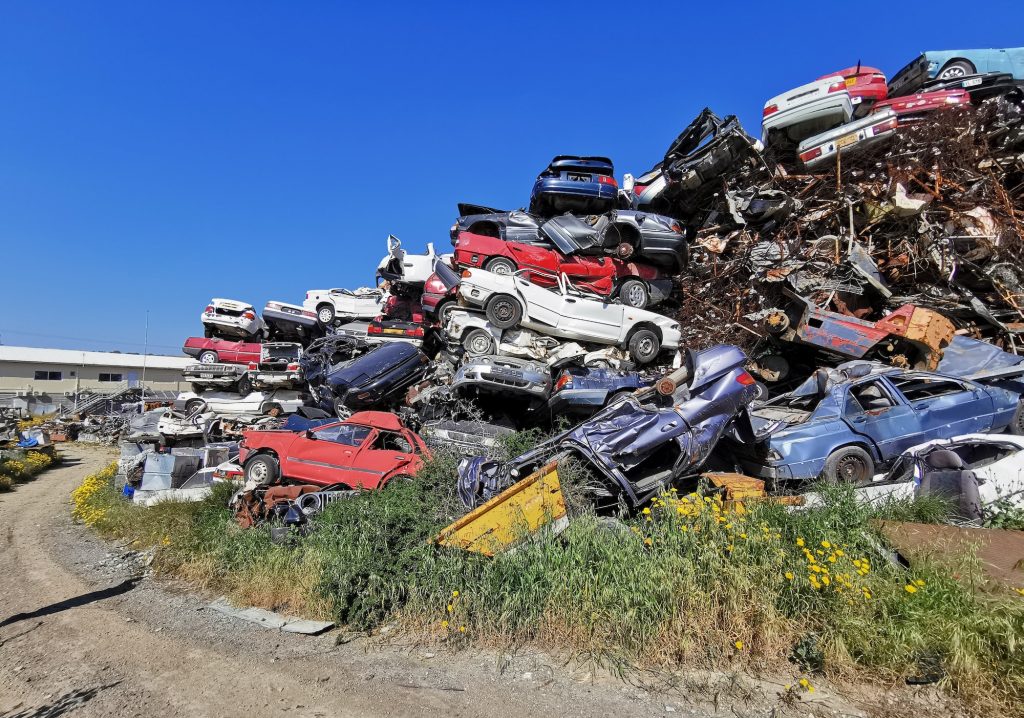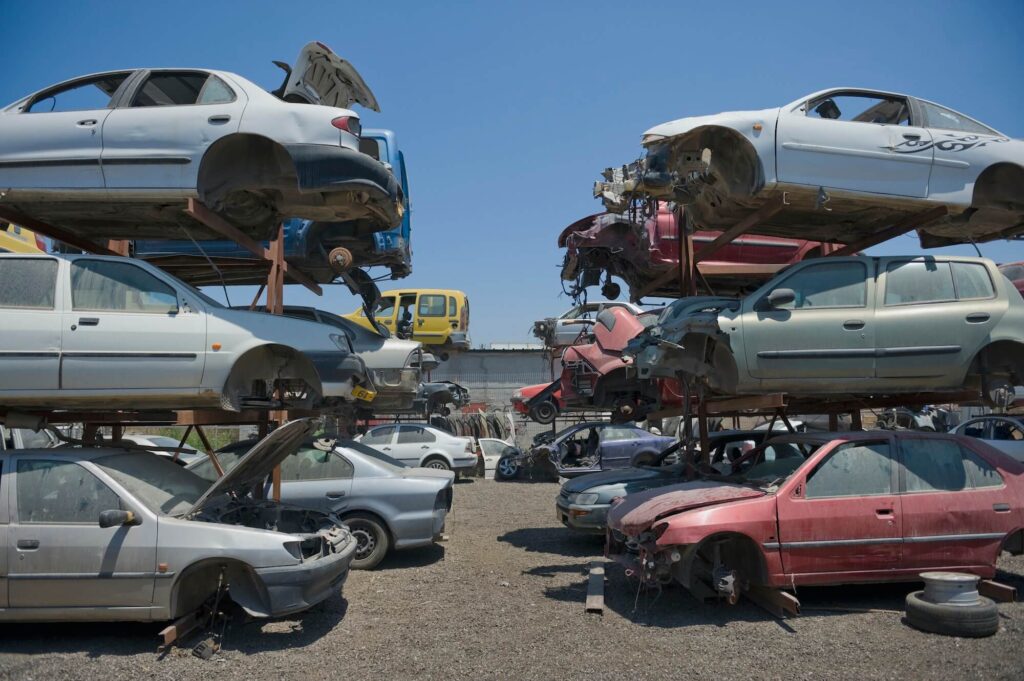Introduction To Sell Your Car For Scrap
When parting ways with your old vehicle, selling it for scrap might be the most practical solution. While the process might seem daunting, understanding the steps can make it smoother and more lucrative. In this guide, we’ll walk you through the critical aspects of selling your car for scrap, helping you confidently navigate the process.
1. Evaluate the Condition:
Before you proceed, assess the condition of your car. Scrapping is viable if your vehicle is no longer roadworthy due to severe damage, extensive repairs, or high mileage. Remember that cars with missing parts or major rust issues might have a lower scrap value.
2. Gather Documentation:
Collect all the necessary paperwork related to the vehicle. This usually includes the title, registration, and any relevant maintenance records. Having these documents ready will streamline the selling process.
3. Remove Personal Belongings:
Thoroughly clean out your car, removing all personal belongings. It’s easy to overlook items tucked away in compartments or under seats. Double-check the trunk, glove compartment, and storage areas to ensure nothing is left behind.
4. Obtain Multiple Quotes:
Obtaining quotes from multiple scrap yards or recycling centres is essential to get the best value for your scrap car. Contact local scrapyards and provide them with accurate information about your vehicle’s make, model, condition, and any salvageable parts. Compare the quotes to determine the most favourable offer.
5. Consider Online Platforms:
In addition to local scrapyards, consider exploring online platforms that connect scrap car sellers with potential buyers. These platforms often provide a wider reach and can lead to competitive offers.
6. Prepare the Necessary Information:
When contacting scrapyards or potential buyers, be ready to provide detailed information about your car, such as its make, model, year, condition, mileage, and any issues it might have. The more transparent you are, the more accurate the quotes you receive will be.
7. Arrange for Towing:
Since your car might not be drivable, make arrangements for towing. Many scrapyards offer towing services as part of their package. Confirm whether the cost of towing is included in the quote or if there are any additional charges.
8. Remove Valuable Components:
Before handing over your car, consider removing valuable or sentimental components that can be reused or sold separately. This might include aftermarket parts, stereo systems, or other accessories that hold value.
9. Cancel Insurance and Registration:
After the car is sold for scrap, cancel the insurance and registration to avoid future liabilities or unnecessary expenses.
10. Ensure Proper Disposal:
Ensure the chosen scrapyard or recycling centre follows environmentally responsible practices for disposing of vehicles. They should adhere to local regulations and guidelines for handling fluids, tires, and hazardous materials.
11. Get Paid and Sign Over the Title:
Once you’ve agreed upon a price and finalised details, ensure you are paid promptly. Sign over the title to the buyer and provide any necessary documentation they require for their records.
12. Maintain a Record:
Keep a copy of the transaction, including the agreed-upon price, any correspondence, and a signed bill of sale or transfer of ownership. This can help protect you in case of any future disputes
or issues.
Conclusion:
Selling your car for scrap can be a pragmatic way to part with a vehicle that is no longer useful or cost-effective to repair. Following these steps, being proactive in obtaining quotes, and understanding the process can ensure a smooth and successful transaction. Whether you choose a local scrapyard or an online platform, the goal is to obtain the best possible value for your vehicle while contributing to responsible recycling practices.





